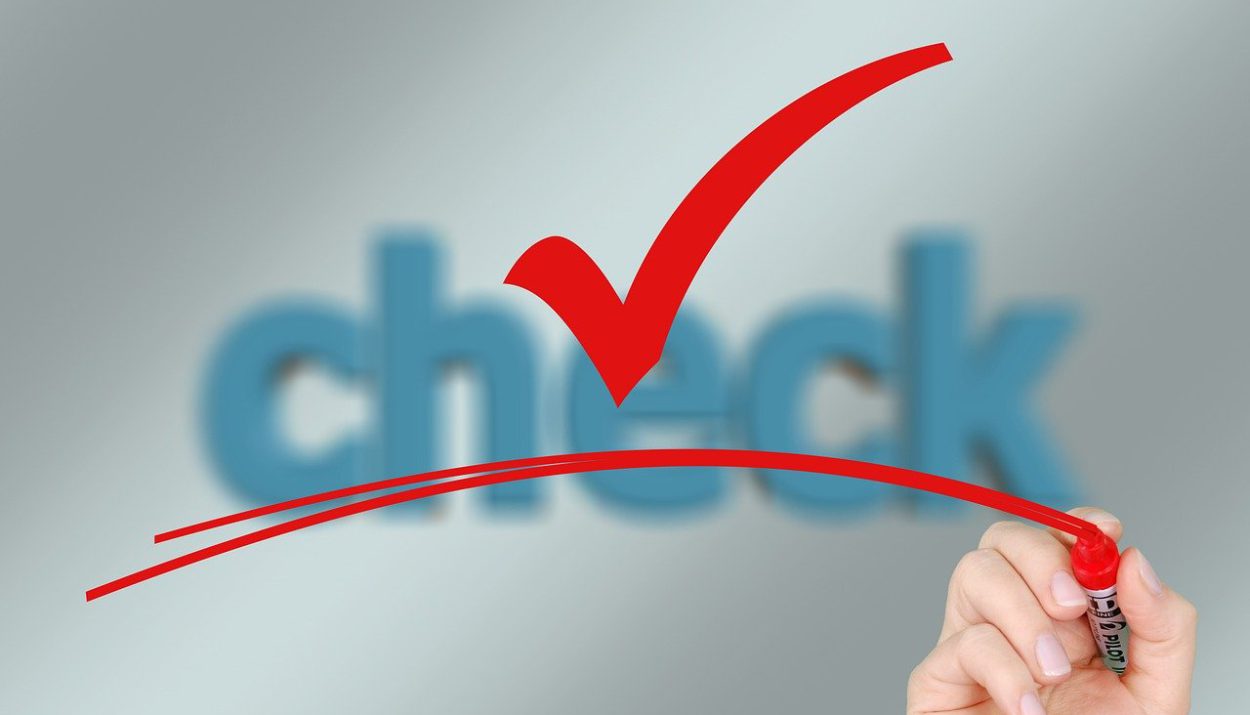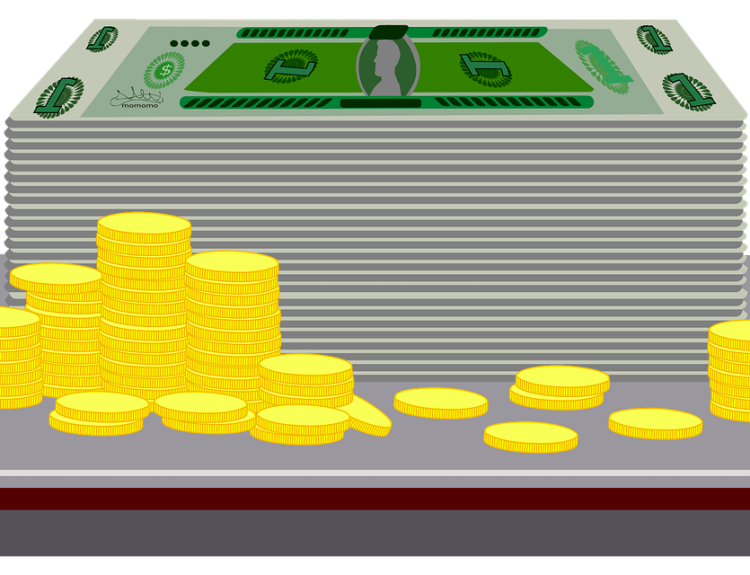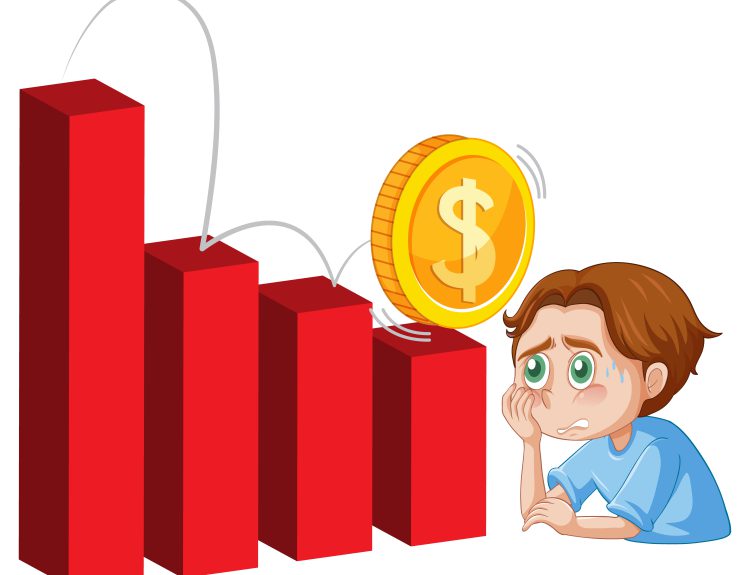We all have been there, no matter how much money we earn, our money disappears before the next payday. The situation is a reality for many of us. There are plenty of stories of stressing over bills, juggling debt and still coming up short. Some admit feeling trapped, exhausted or even ashamed of their financial situation.
Well, the fact that more than 70% of Gen Z are living paycheck to paycheck shows the situation is real. Besides, the emotional tools of Anxiety, guilt, and constant worry can weigh as heavily as the bills themselves.
How about we tell you some good news, as you don’t have to stay stuck. There are practical strategies and mindset shifts that can help you take control of your finances, start saving, and slowly break free from the cycle.
So let us get right into it
What Mental Blocks Keep You Stuck in a Paycheck-to-Paycheck Life?
When we talk about financial freedom, we can’t negotiate the barriers that have become a hurdle for everyone. It is not about how much you earn, but it is about what your thoughts are about money.
- Scarcity vs. growth mindset: There are many people who get trapped in the idea that there’s never enough. As their focus shifts towards the limits rather than possibilities that makes saving feel impossible which makes budgeting or saving feel impossible. As you shift to a growth mindset means asking, “How can I make this work?” Instead of “I can’t afford it”. The shift opens the doors to new ways to manage your money.
- Emotional hurdles: The feeling of guilt, shame and fear are huge obstacles. Moreover, the embarrassment about debt, comparing yourself to peers or using shopping as an emotional outlet are the main causes of overspending. Get to know these triggers for better financial habits.
- Misconception about money: There are some people who think money exists to be spent immediately and treat each paycheck as a permission slip to spend. On the other hand, you should give importance to your financial security, like saving for emergencies or future goals, to change your financial trajectory.
What Real-Life Obstacles Prevent You From Saving?
Well, so what can come between your saving money and you? There are tons of obstacles, so let us know what they are.
- Fixed costs and monthly bills: Rent, utilities, loan payments, and subscriptions take up a big part of your paycheck. You should look into these necessary expenses as they leave you little room for saving.
- Variable expenses and hidden leaks: There are a variety of regular expenses like groceries, transportation, eating out, and small purchases that add up quickly. Because the money just disappears without you realizing where it went.
- Debt and emergencies: Credit card debt, personal loans, medical bills, or sudden emergencies are the ones with the potential to wipe out any progress toward savings. Even a good income can feel stretched thin when unexpected costs appear.
- Lifestyle and social pressures: Peer pressure, lifestyle inflation, or wanting to keep up with friends and social media trends can encourage spending beyond your means. Emotional spending, like buying things to feel better when stressed, is yet another common trap.
In this way, you will see the pattern, so you should understand these habits in your own life.
How Can You Shift Your Mindset to Break the Cycle?
To break free from living paycheck to paycheck, start with the small change in your mind. It is about how you change the way you think about money. You should start with simple habits to stay on track for the long term.
From Scarcity to Growth
There are people who get stuck thinking it is never enough. The mindset makes saving feel impossible and creates that constant stress. Shifting to a growth mindset is to look for solutions instead of focusing on the problem. You should ask yourself, “How can I make this work?” instead of “I can’t afford it.” This change helps you spot ways to budget better, save more, or even increase your income.
Taking Control
Well, taking control of any problem is always the best thing we can do. Especially in the case of money, because losing track of your money is tricky. So you should track every expense, big or small, and let you see patterns and spot areas to cut back. Once you are set to know your numbers, you can make conscious choices instead of creating a budget for each paycheck.
Focus on Habits Over Quick Fixes
The quick money trick or short-term hacks may not solve your problem. What can actually be of your help is to have small and consistent habits of tracking spending, automating savings or avoiding impulse purchases help to give the long-term result you are looking for.
Discipline & Delayed Gratification
Impulse purchases are a major reason people stay in the paycheck-to-paycheck cycle. You should develop discipline means giving yourself a cooling-off period before spending. Ask yourself:
Is this a need or a want?
Will I regret this purchase tomorrow or next week?
This simple habit helps you avoid unnecessary spending, gives you time to evaluate your choices, and gradually strengthens your self-control.
Setting Personal Financial Goals
Financial freedom is the same for everyone. In some cases, it is about paying off debt.
For some, it is paying off debt, for others, it is building an emergency fund. You should define your goals clearly gives you direction and motivation. Break down your goals into actionable steps and review them regularly. Try to make your target easier to achieve by making decisions that match your long-term financial vision.
Educate Yourself and Adapt
Everybody should have a basic understanding of financial knowledge. Read books, articles, or watch videos about money management, budgeting, and investing. You should attend the workshops, follow trusted financial advice, or join online communities.
In addition to that, you should learn continuously to help you adapt to changes in your income, expenses or life circumstances. The more information you have, the more confident and empowered you’ll feel to manage your money.
How To Get Long-Term Financial Independence?
- You should put your focus on career and professional growth to expand income potential and get more opportunities.
- Make some changes in your life by including simple living, intentional spending and understanding what truly means enough for you.
- Get yourself in every new tool, strategy and financial insight as they evolve.
- Find out all the things you need to start your financial independence journey with patience and intentional choices along the way.
- Freedom comes gradually, through consistent habits and smart long-term planning.
To wrap up
The journey to achieve long-term financial independence is all about time and patience. It is all about how you create your life where you have the freedom to choose how you live, work, and spend your time. With steady career growth, mindful spending, and a flexible mindset, you gradually build a foundation of true security and independence. The road is linger, so you must give yourself time as each step will bring you closer to a lifestyle
The process may take time, but each step brings you closer to a lifestyle defined by freedom, balance, and purpose.
FAQS
- What does it mean to live paycheck to paycheck?
It means your entire income is spent on bills and expenses, leaving little or no money for savings or emergencies.
- How can I stop living paycheck to paycheck?
Start by tracking expenses, making a realistic budget, cutting unnecessary costs, and building a small savings buffer. Adding extra income through side hustles or raises also speeds up progress.
- How much of my paycheck should go to rent?
Ideally, no more than 30% of your take-home pay should go toward rent to keep your budget balanced.
- Why is an emergency fund so important?
It protects you from going into debt when unexpected costs hit, like car repairs or medical bills. Even starting with $500–$1,000 makes a big difference.
- What are simple ways to cut expenses without feeling deprived?
Cancel unused subscriptions, cook at home, shop with a list, use cashback or discount apps, and swap costly outings for free or low-cost activities.





